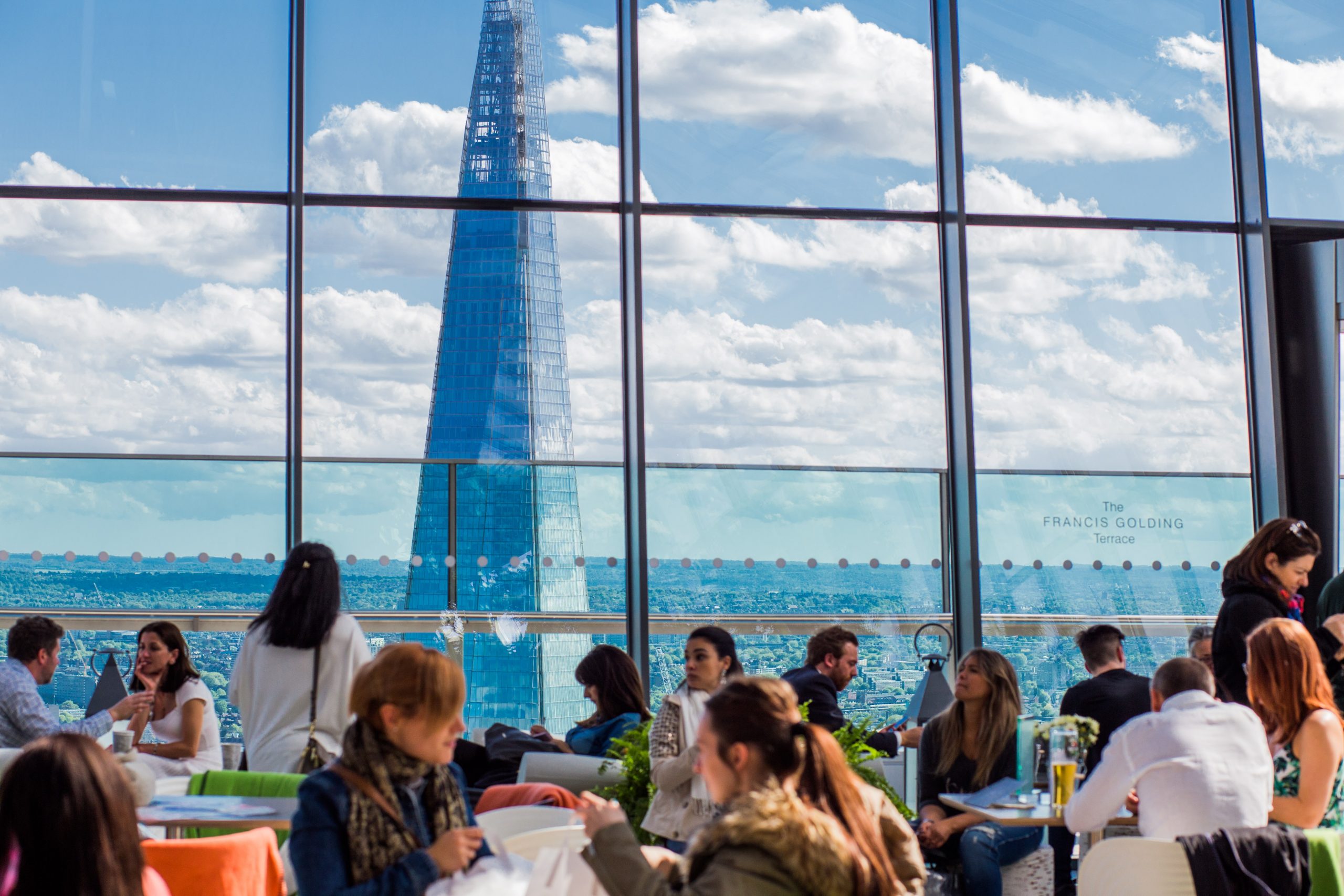Image source: @negativespace on Pexels
As the whole world picked up their whisks and cooked up a storm in their homes, restaurants sent their chefs home for good. Eating out in London ranges from an essential fuel for businessmen and women, a cultural experience for tourists but also for residents. Eating out in London is pleasure, comfort, practicality all packed into one. The food ranges from the classic Pie & Mash to Chicken Tikka Masala but also Souvlaki and Jian Bing. Whether you’re at a Spoons, Pret or Dishoom, you are spoilt for choice.
With the lockdown luring as a distant memory for many Londoners, the impact of the Covid-19 pandemic is now heavily felt by the restaurant industry. Previously known to lend a helping hand in the 2008 economic crisis, restaurants are currently seen as non-essential services. In the meantime, London rejoices as its favourite restaurants have re-opened. However, the reopening is bittersweet as some restaurants have had to shut their doors forever. Just as the pandemic doesn’t discriminate between human beings in its infection, neither does the economic impact on the restaurant industry. Restaurant closures range from three-starred Michelin restaurants to chip shops and large chains. The immediate ‘lockdown’ on all activity was a shock to the system for everyone. ‘Going home’ has taken several different meanings. As people stayed in, the food industry turned to home-delivery in an attempt to adapt and stay afloat.
Understanding the contagious nature of coronavirus easily lends itself to the explanation of the question of restaurant closures. Yet, the impact on the restaurant business has lent itself to expose the vulnerable side of a mammoth industry. Rent for shops has always been expensive, real estate in London is a matter we all shudder at the thought of, even when the economy is doing well. Now, the ongoing crisis has made costs much worse for businesses as studies estimate that out of 10 restaurants, nearly half might shut down. This feeds into an economic crisis both ways as costumers would not be able to spend, and hence restaurants will struggle. The ban on international travel has also been a significant hit to the industry. London, though at heart supports its locals, it still relies very heavily on tourists to wine and dine. Therefore, as the restaurant business pre-COVID-19 was already unstable; the pandemic may have just accelerated the downfall of an already sinking ship.
Despite restaurants’ attempt to use the home delivery market to make profit in times of crisis, this move didn’t prove to be as successful as one would hope. In fact, food delivery services saw an enormous fall of nearly 70 per cent, especially since lockdown offered people the chance to pick cooking as a new hobby. Moreover, the uncertainty surrounding the pandemic’s infection as well as the social distancing measures certainly didn’t help. Also, the government has even acknowledged the restaurant crisis by launching the ‘Eat Out to Help Out’ scheme. The scheme is meant to encourage people to eat out more. It entails diners in a group of any size to get a 50% discount on food and non-alcoholic beverages to have in. Diners can use the discount as many times as they like from Monday to Wednesday at no minimum spend. A maximum of £10 discount per diner has gone a long way in attracting customers. The scheme has proven to really help businesses that it has been extended. Getting people back indoors at a safe distance has proved difficult as people have been wary of stepping into public and enclosed social spaces, but the introduction of more outdoor dining along with this scheme has proved successful. Chinatown has taken advantage of these schemes as they have applied for permits from the Westminster Council to operate outside their restaurants. An area that had once been completely stranded; it has now been brought back to life by pedestrians.
However, as mentioned above some restaurants sadly couldn’t keep their head above the water. It was not just small restaurants that had to close, many Pret locations have closed their doors but also elite posh places such as the two Michelin starred The Ledbury in Notting Hill also has permanently closed. Personal favourites of mine such as the institution that is Domnic Ansel bakery also closed at the start of this month along with its new sit-down restaurant the Tree House also closed only havening been open for less than a year. Bodega Rita’s a quaint sandwich shop too shut down in the up and coming Coal Drop Yard in King’s Cross. Lastly, the Instagram sensation that revolutionized the food market, also known as the Cereal Killer Café, found it best to move some of its operations online.
The end of the pandemic is inevitable whether that involves a miraculous vaccine or a complete and quick immunization, however its repercussions will be felt longer than we can imagine. Restaurants will perhaps continue on closing and it’s safe to say that the restaurant industry as we know it, may change forever. But till then, Londoners, gather round and eat out … to help out!






0 Comments